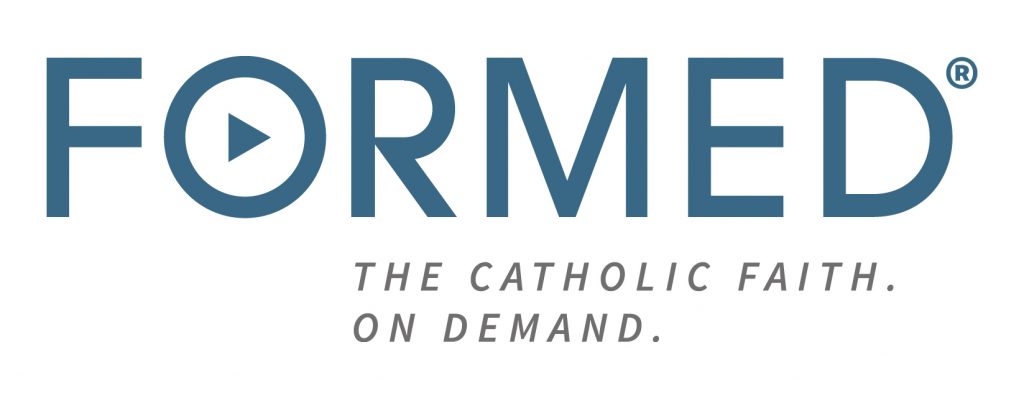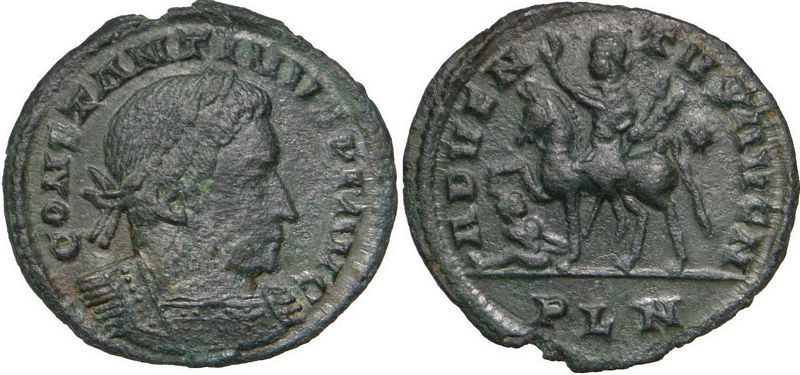
Mass Readings for the 1st Sunday in Advent:
Isaiah 63.16b-17; 64.1, 3-8 Psalm 80
1 Corinthians 1.3-9 Mark 13.33-37
The celebration of Advent in ancient times was quite something. Private homes and public buildings throughout a city would be decked in purple, there would be a flurry of preparation as music was rehearsed and readied to be offered, rituals practiced, elaborate suppers planned, feasting to happen over days, and gifts being bought—not trifles either, the gifts were expected to be expensive, precious things, the absolute best that could be found and afforded.
Children and young people were apt to find it all very exciting, but for most adults, and the civic and religious leaders, it was just a lot of stress. Indeed, it was an anxious time with some almost sick at the thought of what was coming.
I guess we can say the more things change, the more they stay the same; and the run up to Christmas has always been this way. Except the Advent I am referring to had nothing to do with celebrating the birth of Christ.
Advent, or to use the latin, adventus, referred not to a number of weeks before Christmas, but rather to the celebration of the visit by the Roman Emperor to one’s town or city.
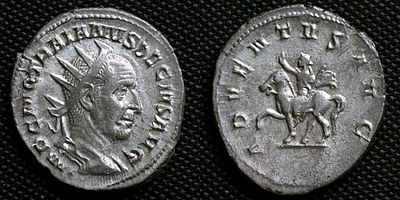
An adventus was to be offered as he arrived at the gates, with choirs hymning him along as he progressed down the main thoroughfare, dancers whirling and twirling before him. The expensive gifts weren’t for an exchange among the people, they were all for the emperor.
The dinners were for him, they weren’t gatherings of family and friends, but were to meet the need to feed the supreme leader of the empire, and his retinue, which was considerable. The emperor brought a virtual army of people with him wherever he went and held court: government ministers, senior bureaucrats, ambassadors from foreign lands, and military advisors, and of course, a personal guard. All to be billeted, fed and entertained for days, even weeks at great expense.
A city was glad to see them off.
And the main reason for that feeling, aside from the visit being, at best, a financial break-even; the emperor was there for a reason. He was there to inspect the military defenses, the civil construction projects he had ordered; while there he offered a court of appeal, and when appellants came before him, he’d learn what quality of justice had been offered by the local magistrates. Of course, the taxes were due when he showed up, and if not paid, someone was going to answer for it—the city’s leaders, even the whole populace. Revenue shortfalls, evidence of judicial corruption, decaying fortifications, unfinished aqueducts, anything else that might displease him, would certainly bring harsh punishment, perhaps even executions.
Advent was nerve-wracking.

When the Church came to develop the time before Christmas into what we know as the season of Advent; something that emerged out of the obscured centuries from the end of the ancient era, flowering in the medieval period, calling it Advent with all these harsh and foreboding associations was intentional.
While the Roman Empire may have crumbled, the European kings that succeeded the emperors kept up the practice of periodic inspection in person of their lands: in English, it was the Royal Progress—a tour of the kingdom, on a more modest scale, but essentially for the same reasons: to make sure the taxes were paid, the legal courts monitored, the defenses maintained.
So, people hadn’t lost the sense of it, and that told them what the Christian Advent was to be about spiritually: a time of urgent assessment and preparation, because Christ the King’s judgment will come to us all; Christ, the emperor of all things, is coming.
So, this explains why we read these particular scriptures today. When we heard the gospel, it may have caused some of us to pause and ask: why are Advent readings tinged with such foreboding, the messages so ominous?
Jesus says things: “Beware, keep alert.”
That’s the kind of thing you would say to someone heading into a potentially dangerous situation; someone already at risk.
We have the parable about a man who goes on a journey, leaving his slaves in charge, each with a particular task—he expects them to do their work. Jesus is describing, on a smaller scale, an advent. Not the grand and imposing imperial advent, but an advent nonetheless.
We are in a dangerous situation; we are at risk. We may very well be failing in our appointed duties, tasks of both spiritual and material action. Our traditions are to help us be the conscientious servants of our Lord, not distracted by the glamour of the world, or falling asleep with bellies full of turkey, while our souls starve.
Looking back upon recent Church history, it’s telling how there have been attempts to remove, or at least mute much of this in the season of Advent.
Once known as the “little Lent” and so a time of spiritual introspection and penance; there have been efforts to change it from a penitential season to something of a time of simple anticipation of Christmas. The idea was floated, and actually adopted in some protestant communities, of changing the colour of the season, from penitential purple to a deep blue, that according to some sources, was to evoke the winter night sky, and thus, the mystery of the heavenly realm from which the Holy Spirit would descend upon Mary, from which Christ would come to incarnate among us. I think I still have a blue stole from that time.
All this was, whether consciously or not, a moving toward the sensibility of the secular world that measured time in “shopping days to Christmas”, put up the trees and Christmas lights right after Remembrance Day–it’s all about December 25. This is secular anticipation of the coming event, a focus on the day and what is to happen, and it risks our overlooking our inward and spiritual preparation as we become focused on making ready the festivities. The Advent calendar, the means by which so many children get their daily dose of chocolate, is a wonderful example of what Advent should be, a time when every day holds something special, wonderful to be discovered. We mustn’t hang the garlands, but neglect our prayer, get the shopping done, but put off the examination of our souls.
Yet the compilers of our lectionary, the cycle of readings through the year, could not escape the tradition: the message isn’t one of excited anticipation, as with children on Christmas Eve; but rather a curious blending of soulful longing and a critical sense of emergency. We set out on yet another year of prayer and service, to do God’s work that works on us to bring us to the holiness God expects. For he is coming, and we know not the hour or the day. We long for his arrival to deliver us from the evils of the world, and yet so many of us know we aren’t ready to properly receive him…
This year has been, it feels, one long Lent, and here we are entering into this little Lent. And maybe for the first time in a long time really are entering to the true spirit of Advent because we haven’t much choice. Not so dazzled by worldly distractions as they have all been curtailed; the shopping just isn’t the same, the expectations have been so depressed, that what we prepare for this year isn’t the Santa Claus Christmas we’ve become accustomed to, with its festive pushback against the long winter nights of December and January but rather a proper contemplation of what the coming of Christ into the world really means, and means for us quite personally as live in the darkness.
As for me, when I think on this, I experience both trepidation and longing, both as a result of greater honesty—that I have much work still to do and the hour is late; that what God offers in an authenticity in love that is the true object of my heart, and the world’s pleasures are no substitute.
The restrictions and prohibitions of this year put me in mind of so many Christian heroes who spent their Advents imprisoned. The great Saint Thomas More, in the Tower of London; more proximate in history to us, Dietrich Bonhoeffer, the pastor imprisoned and eventually executed for his conspiring against Hitler during the Second World War.
He wrote about the longing born of his isolation, in December of 1943 writing:
“When we are forcibly separated from those we love, we simply cannot, like others, contrive for ourselves some cheap substitute… There is nothing worse than to find a substitute for the irreplaceable.”
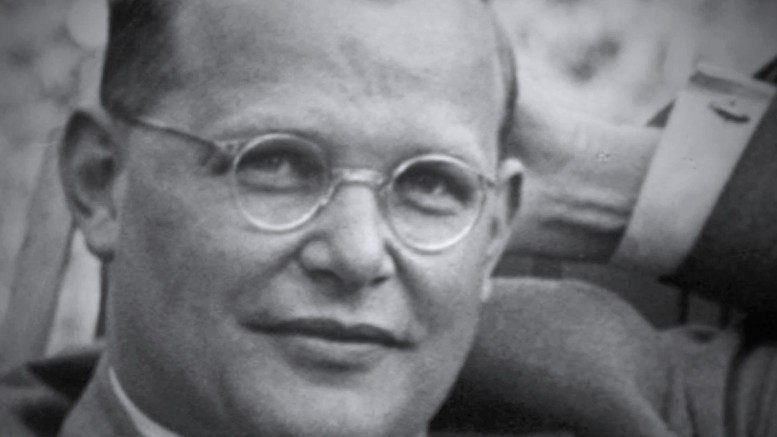
The substitutes of our consumer society are no longer so available, and the irreplaceable love of family and friends may be better known this year in their absence. It may make of things less festive in a superficial sense, but bring us to even greater desire for the important things of life, eternal life.
St. Robert Southwell, martyr and poet, put it most succinctly as he found himself kept from familiar comforts and the company of friends, the realization that it is, “Not where I breathe, but where I love, I live.”
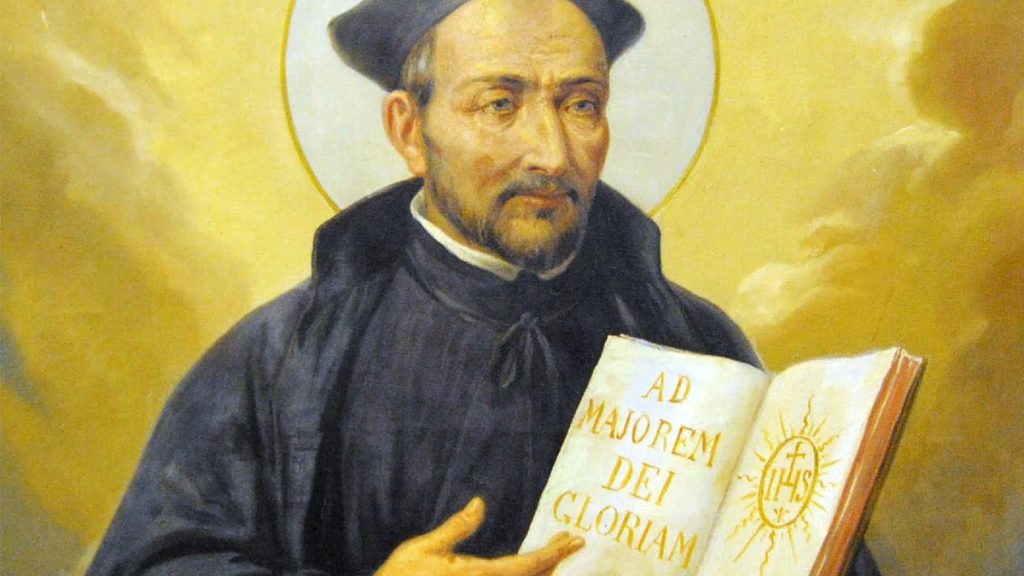
Amen.
